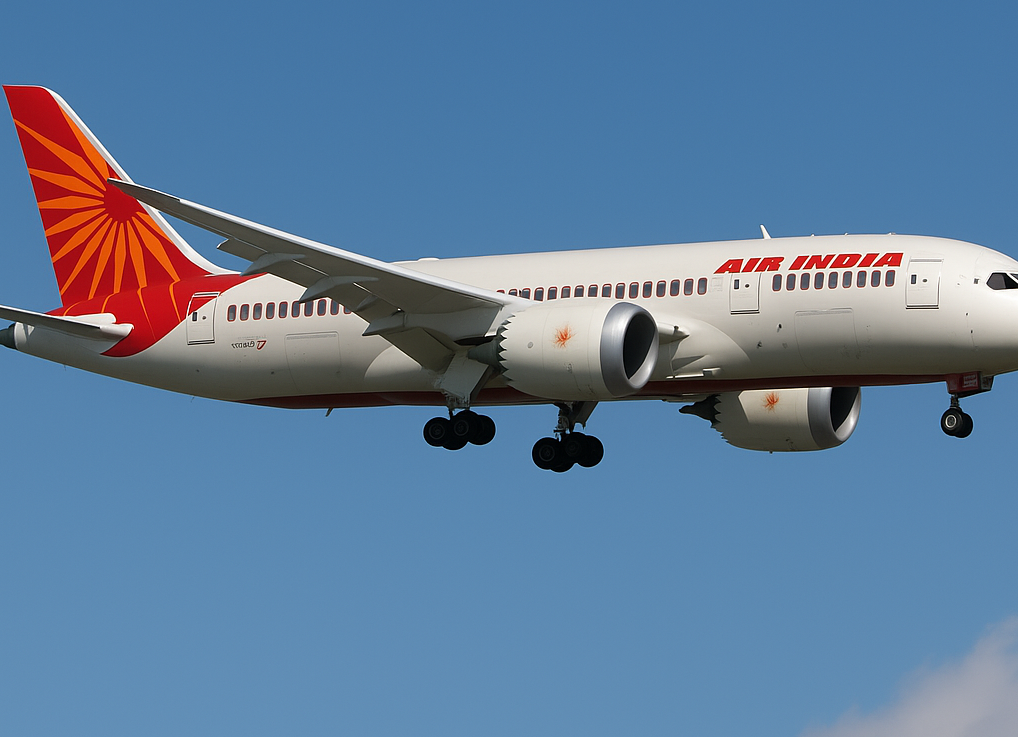In a major regulatory action, the Directorate General of Civil Aviation (DGCA) has directed the immediate removal of three senior Air India officials, including a divisional vice president, over violations related to crew duty hours. These officials have been relieved of all responsibilities linked to flight crew scheduling and rostering, following serious lapses found during an audit of Air India’s Integrated Operations Control Centre (IOCC).
The action comes after it was found that two Air India flights, AI133 from Bengaluru to London Heathrow on May 16 and May 17, exceeded the maximum permitted flight duty time of 10 hours. The DGCA noted that these were regular long-haul flights and not emergency services, making the violation more severe under current aviation norms. The flights were found to have breached Para 6.1.3 of the Civil Aviation Requirement (CAR), which outlines flight duty time limitations and rest periods for flight crew.
In a strong warning, the DGCA has asked Air India, owned by the Tata Group, to begin internal disciplinary proceedings against the three unnamed officials without any delay. Failure to do so, the regulator warned, may lead to stricter actions, including suspension or cancellation of the airline’s operating licence.
A show cause notice has also been issued to Air India’s Accountable Manager, a top executive responsible for overall safety and compliance. The airline has been given seven days to respond, explaining why enforcement actions should not be initiated. If the response is not submitted within the timeframe, the DGCA has stated it will proceed based on the existing evidence.
Air India, in a statement, said it acknowledges the seriousness of the issues raised by the regulator and has already carried out the DGCA’s directive. It added that the airline’s Chief Operations Officer will now personally oversee the IOCC to ensure full compliance with safety standards and operational guidelines.
The IOCC plays a vital role in airline operations. It manages real-time crew deployment, flight dispatch, weather tracking, and route planning. Any error or negligence at this level can have direct consequences on flight safety and the well-being of crew and passengers.
DGCA’s audit revealed that pilots assigned to the questioned flights may not have met all regulatory requirements, including mandatory rest periods. The audit also raised concerns about possible manual overrides in the airline’s rostering system, suggesting that automated safeguards may have been bypassed.
Questions are being raised over why the violations were not flagged by internal software systems or prevented before flight operations. These concerns point toward potential systemic issues in the airline’s crew management and monitoring processes.
According to DGCA regulations, pilots must meet certain criteria, including experience levels and qualifications for specific conditions like low visibility or high-altitude airports. It is also essential that their licenses and training records are current.
With the regulator taking a hard stance, the spotlight is now on Air India’s internal practices. The aviation industry will be closely watching how the airline strengthens its systems to prevent such lapses in the future.








